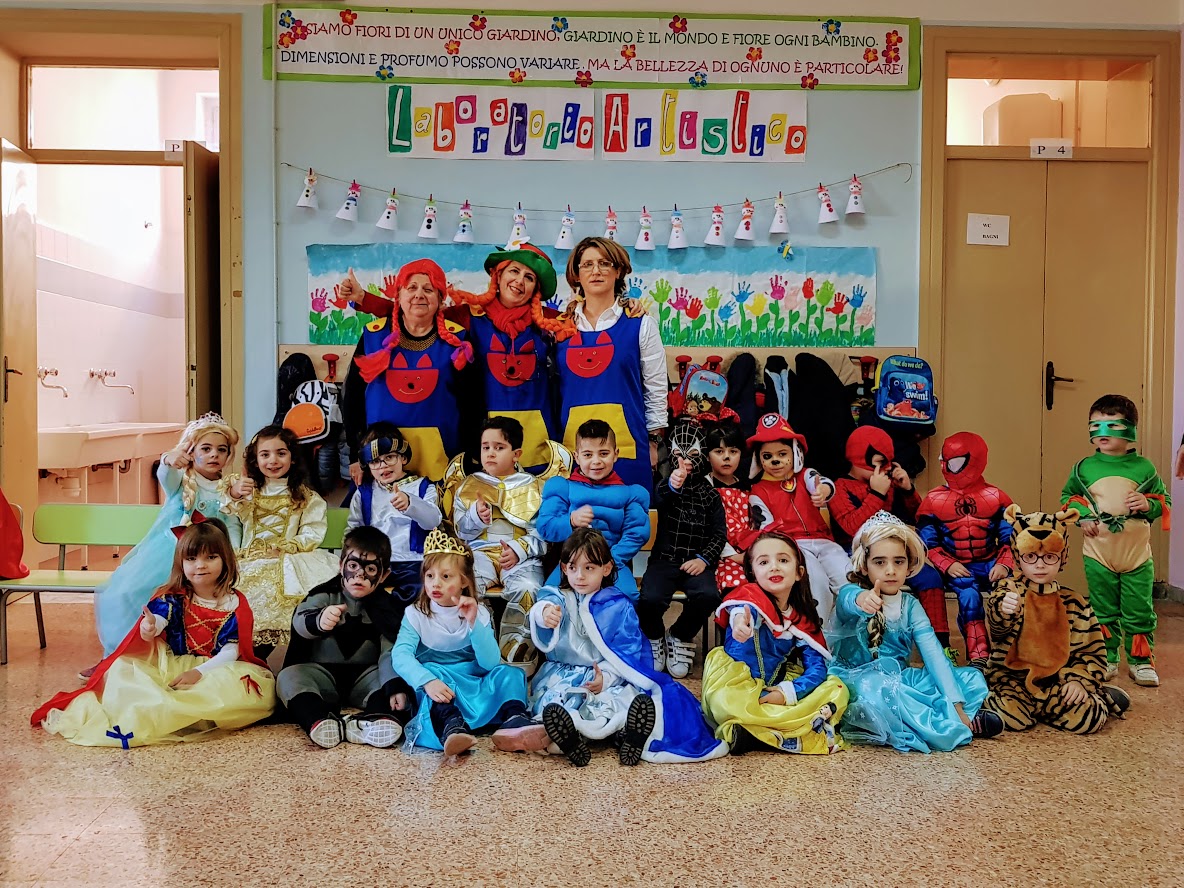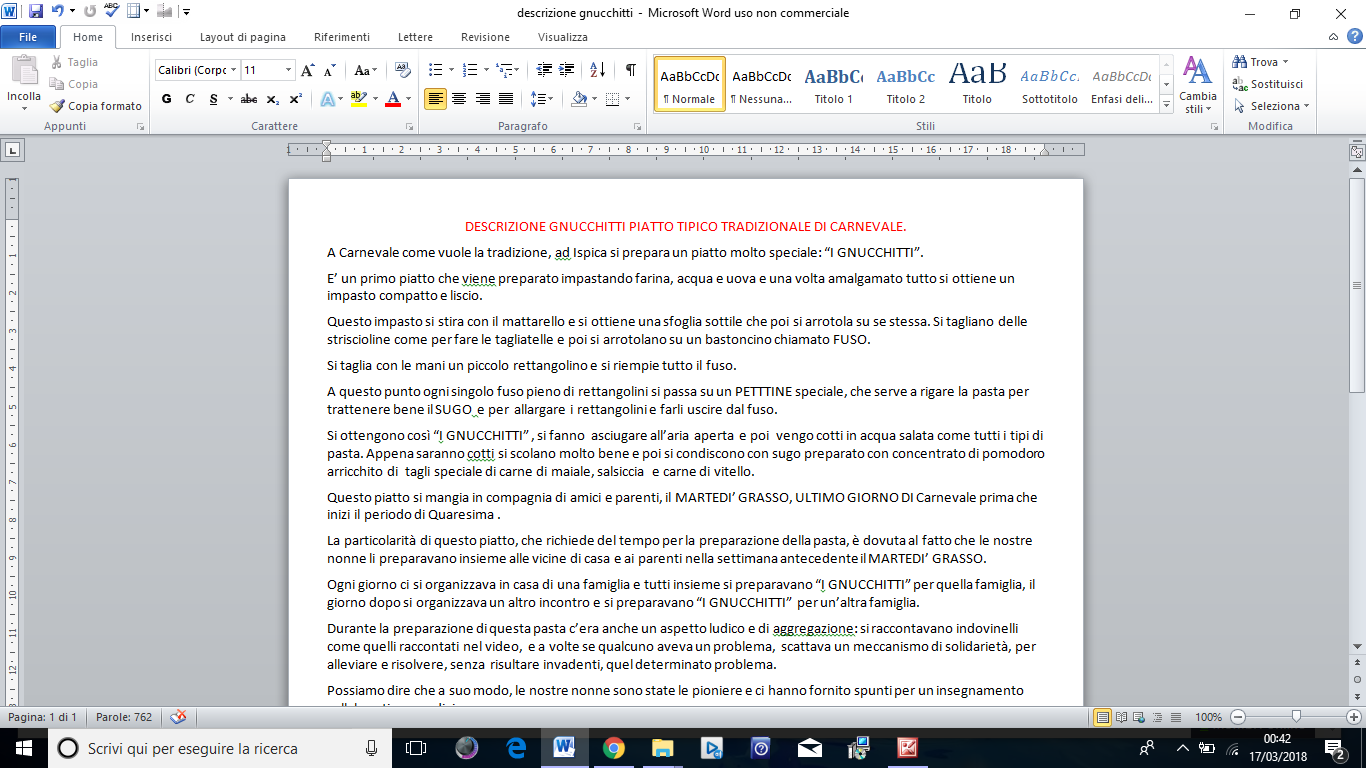
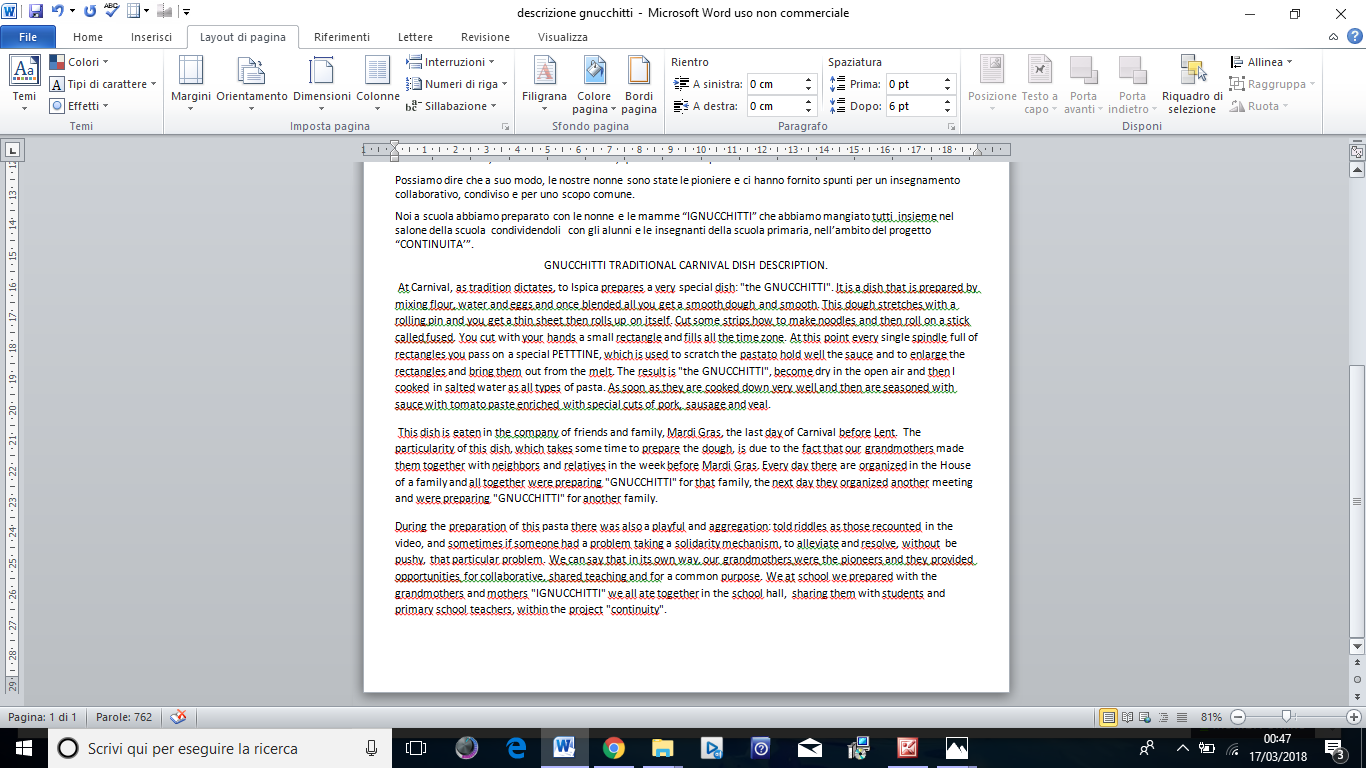
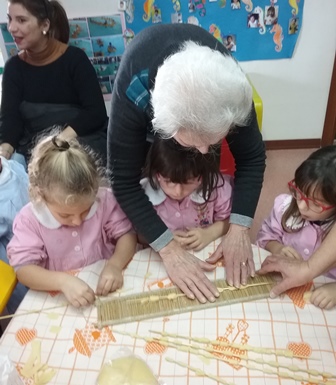
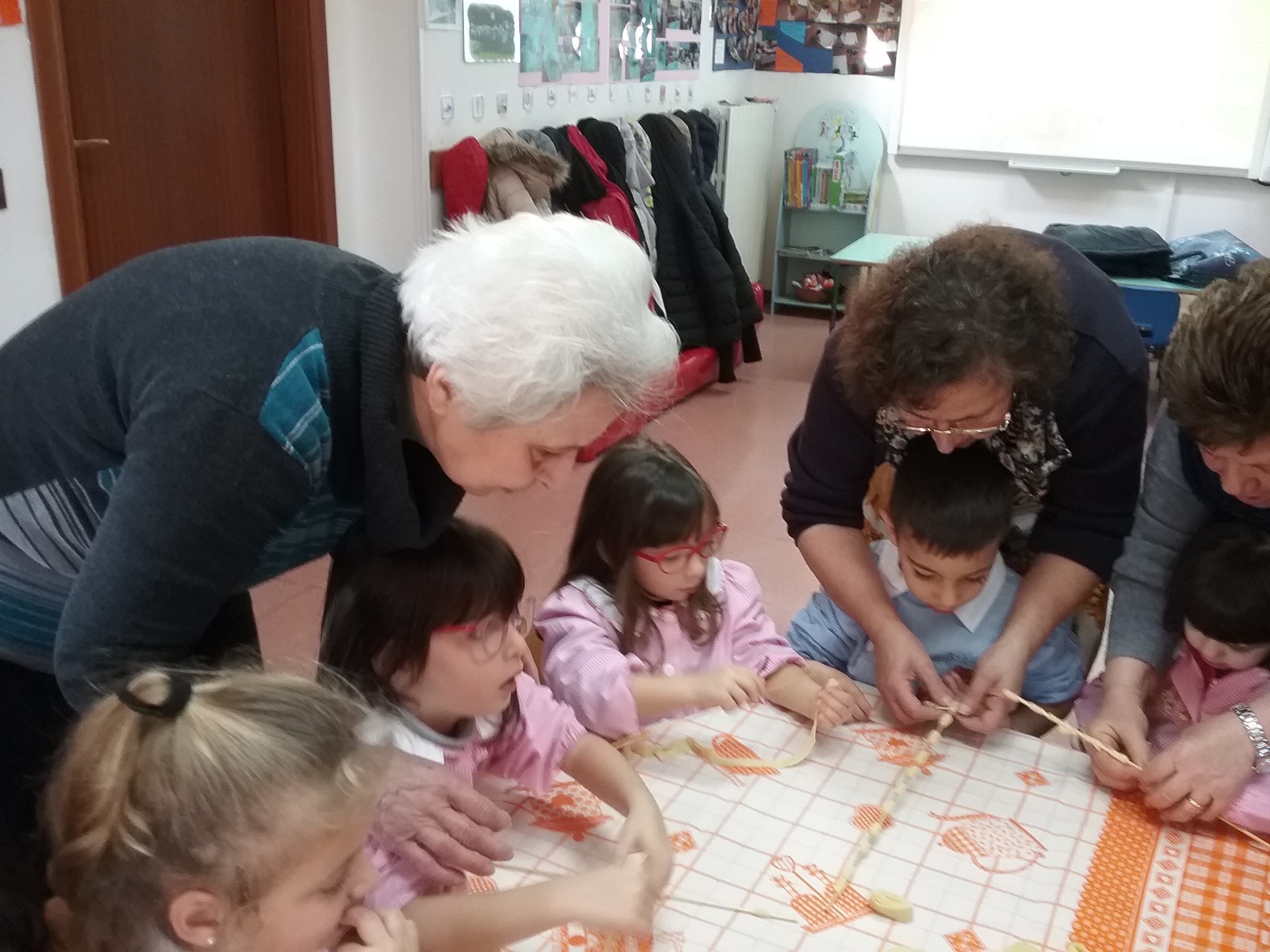

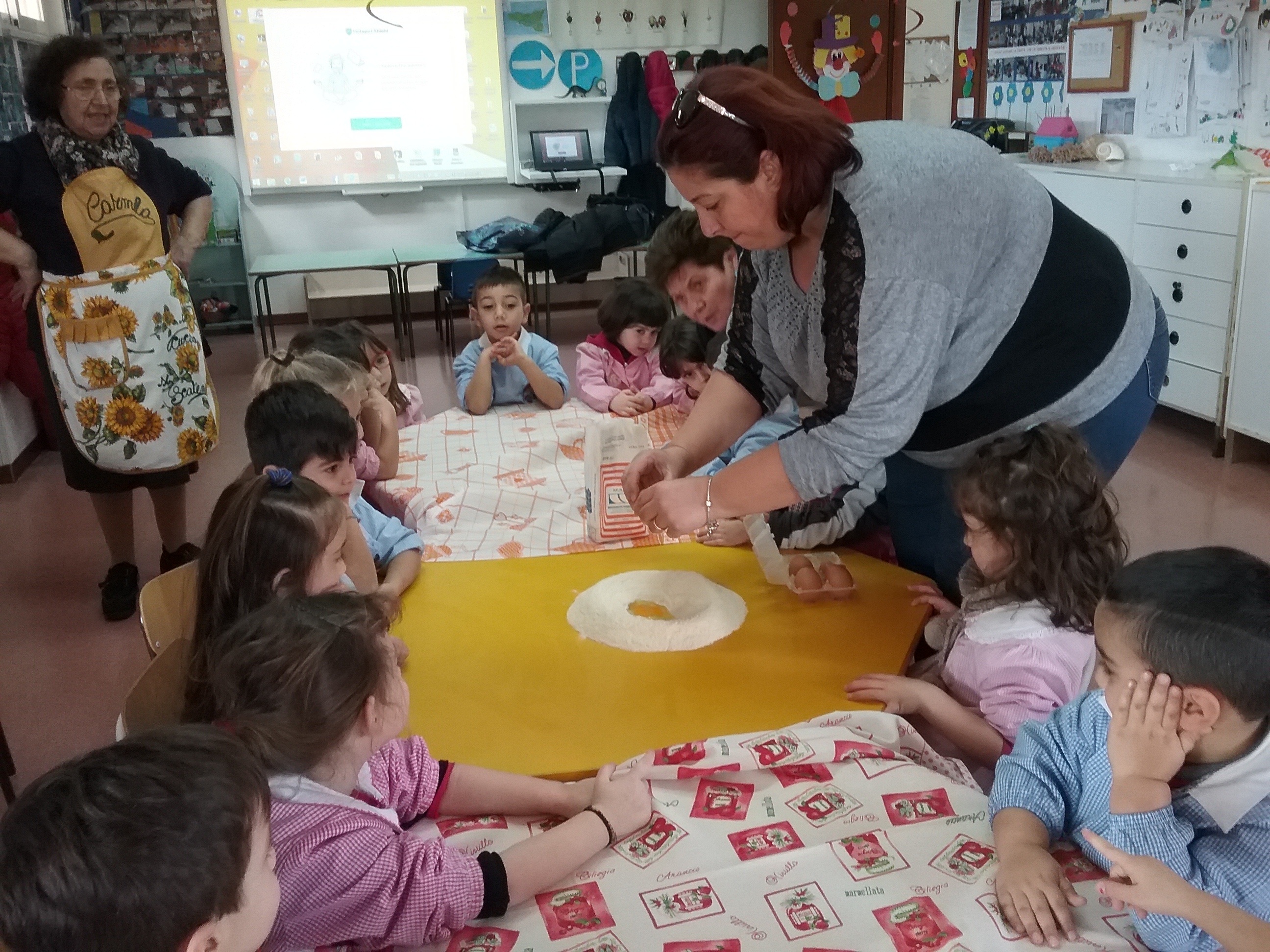
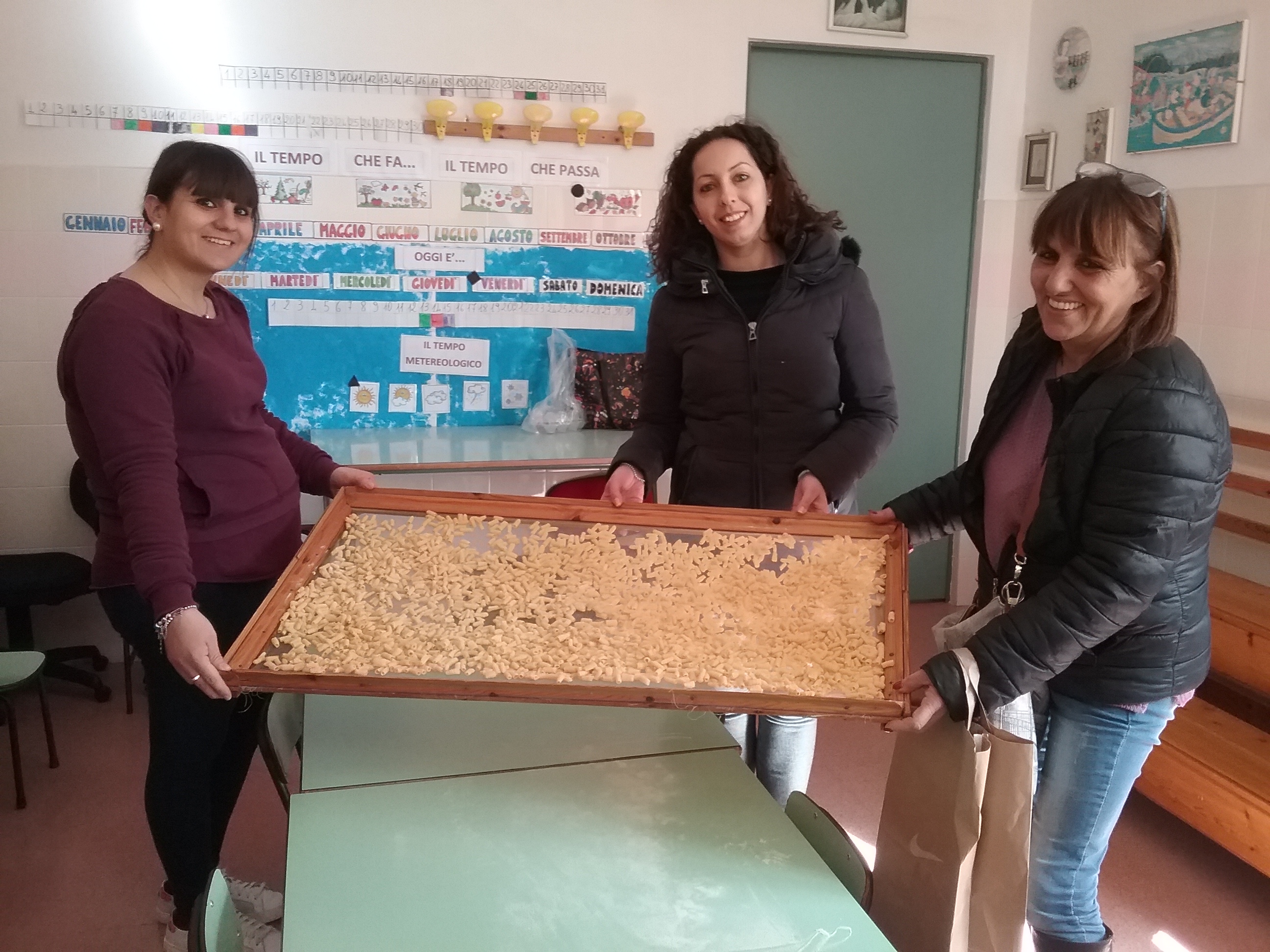
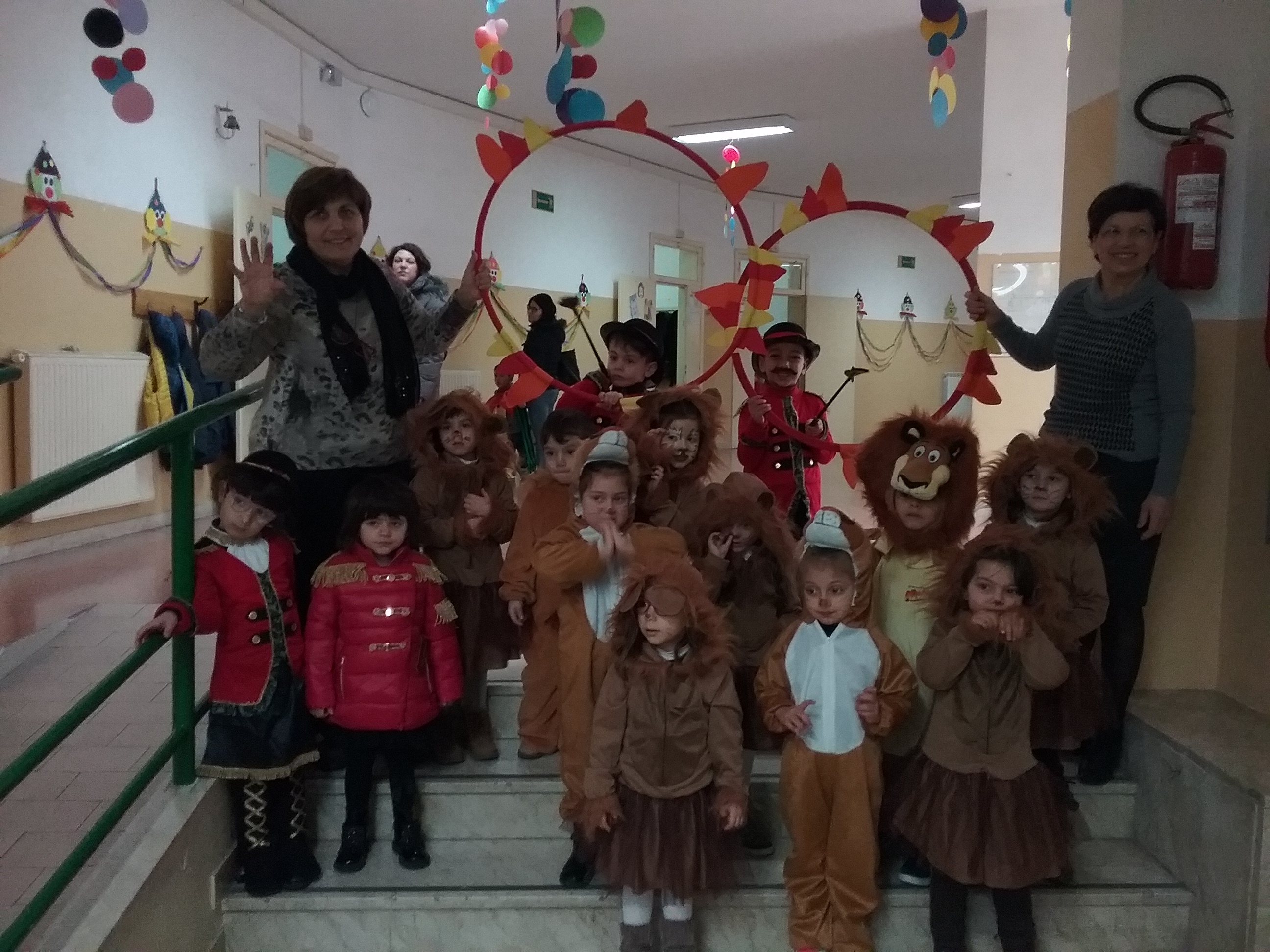
Festa di Carnevale - Sfilata i maschera a scuola.
Laboratorio maschere
Priekuļu preschool "Mežmaliņa", Latvia
|
Meteņi is celebrated around 7th of February, when the middle of winter has arrived and the sun is turning to meet the spring. Meteņi is also called Pie day and Budēļu evening.
Because it was not possible to do much work outside in winter, people turned to indoor work and visiting relatives and neighbours during the very cold weather. Spinning, weaving and sewing bees were a common way for the women to pass the time; children played word games and riddles with the grandparents; men fixed harnesses, whittled and prepared kindling wood. By the time of Meteņi, even though it’s still cold and there’s snow on the ground, spring can be felt in the air. Therefore, the Meteņi celebration is a joyous one. The days are becoming longer and sunnier, and it’s time to start thinking about the warmer season and spring work.
|
|
People particularly liked to visit friends and relatives at this time, and it was said that the farther one drove to visit, the longer one’s flax would grow and the better the cattle would thrive the following summer. It was also thought that lengthy sled rides down hills ensured an abundant flax and grain harvest, as well as general success in everything. In fact, sledding is considered the most characteristic and significant activity associated with Meteņi, and is done by adults and children alike. The evening was spent dancing, singing, talking, laughing and visiting.
Ķekatas, people dressed up in costumes, have several different regional names, the best-known being budeļi, skutelnieki and čigāni.
|
|
Leikskólinn Álfaheiði in Iceland
On Wednesday 14 February Icelanders celebrate "Öskudagur", a day when kids dress up in costumes and then visit stores and offices to sing in exchange for candy. Although the manner of observing Öskudagur does not seem to have much to do with Christianity, it is originally a Christian holiday, Ash Wednesday, which marks the first day of Lent.
The Icelandic tradition surrounding this day is somewhat fanciful; Young women would try and pin little bags filled with ashes onto the back of the boy they fancied without the subject of their infatuation noticing. Young men would try and do the same, but with pouches filled with pebbles.
This tradition has disappeared in recent decades as Öskudagur has slowly become an Icelandic version of Halloween. In later years Öskudagur has to some extent become more like Halloween as kids dress up in costumes and go from store to store, singing in hopes of receiving candy. Most children will sing simple tunes taught in Kindergarten, but the more ambitious will compose their own lyrics to well known songs or even come up with more elaborate performances.
However, some Icelanders still observe the ash-bag tradition. The Icelandic Coast Guard posted this photo of it's vessel Týr, showing a bag of ashes someone had hung from the stern of the vessel.

III CIRCOLO "PIRANDELLO" Bagheria
sez.H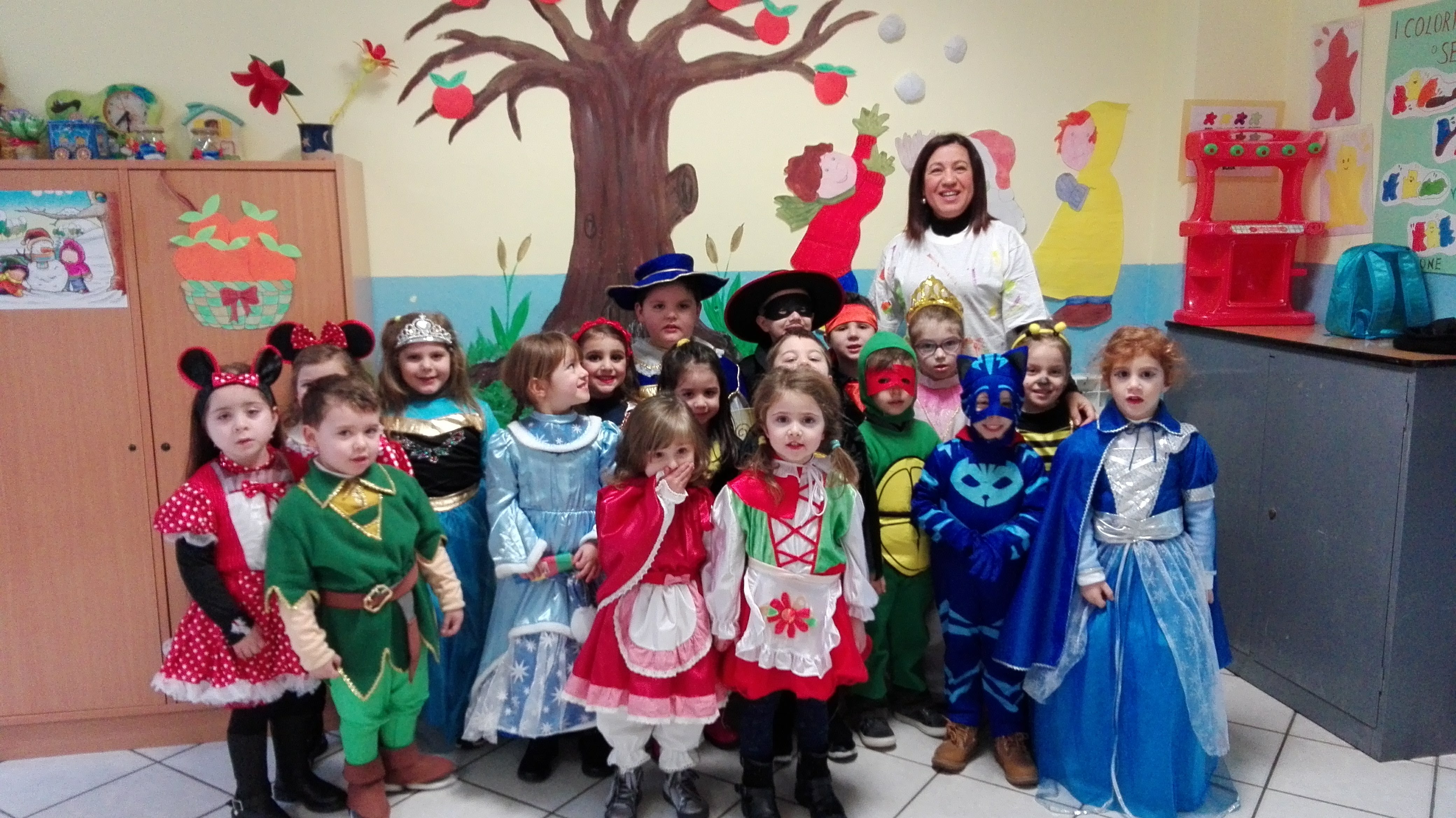
sezione I
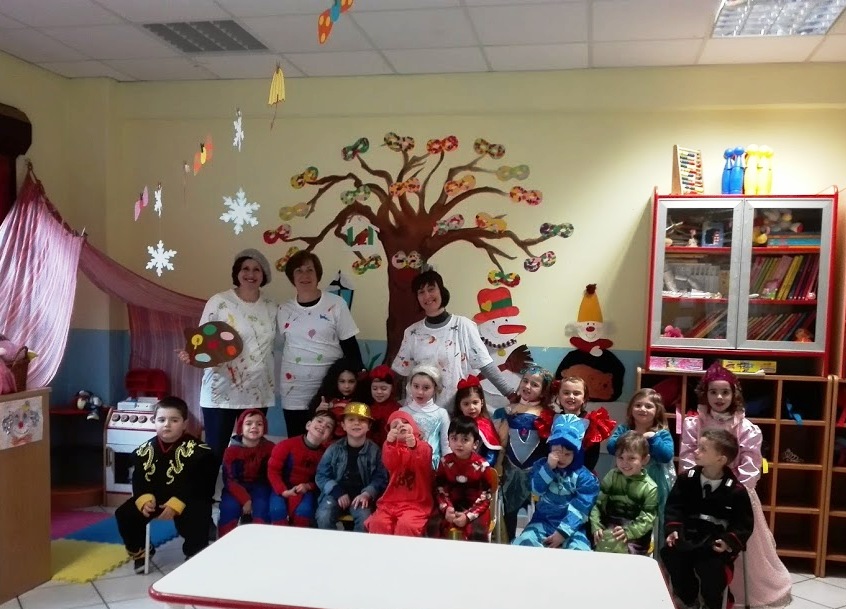
ISTITUTO COMPRENSIVO "BONSEGNA-TONIOLO" SAVA (TARANTO), PUGLIA, ITALY
